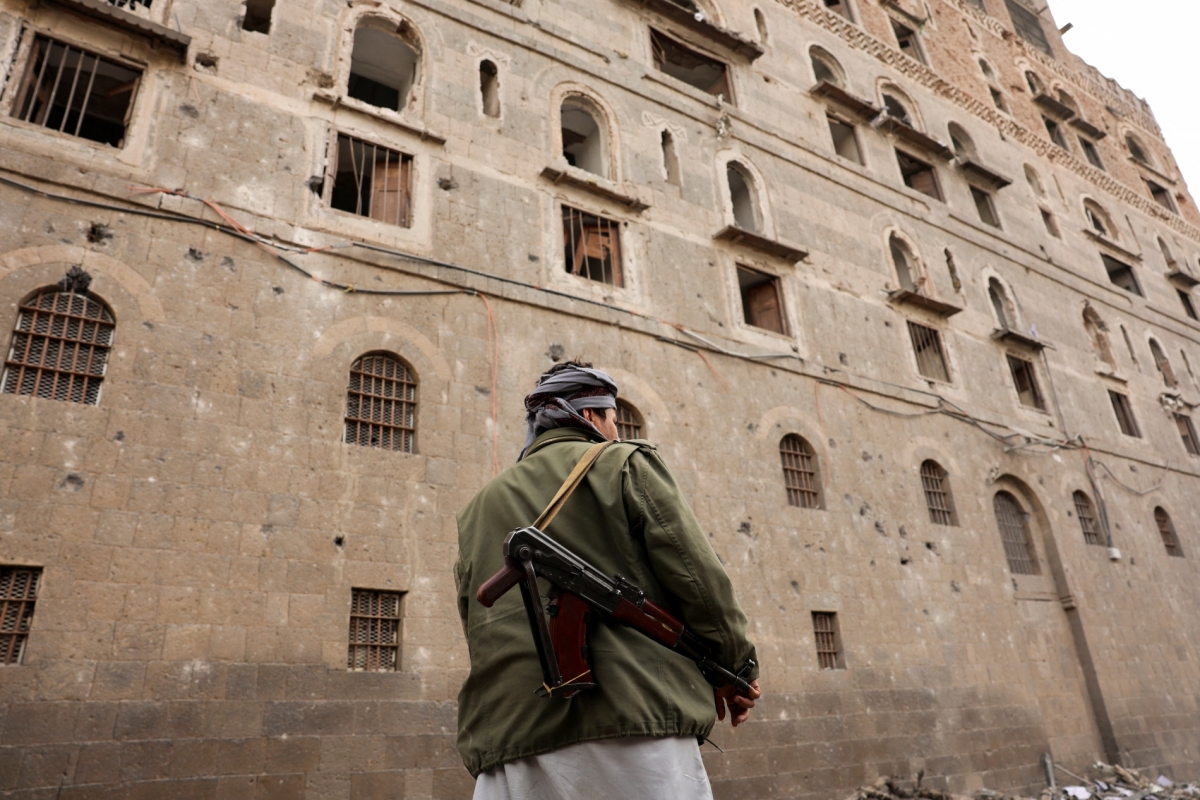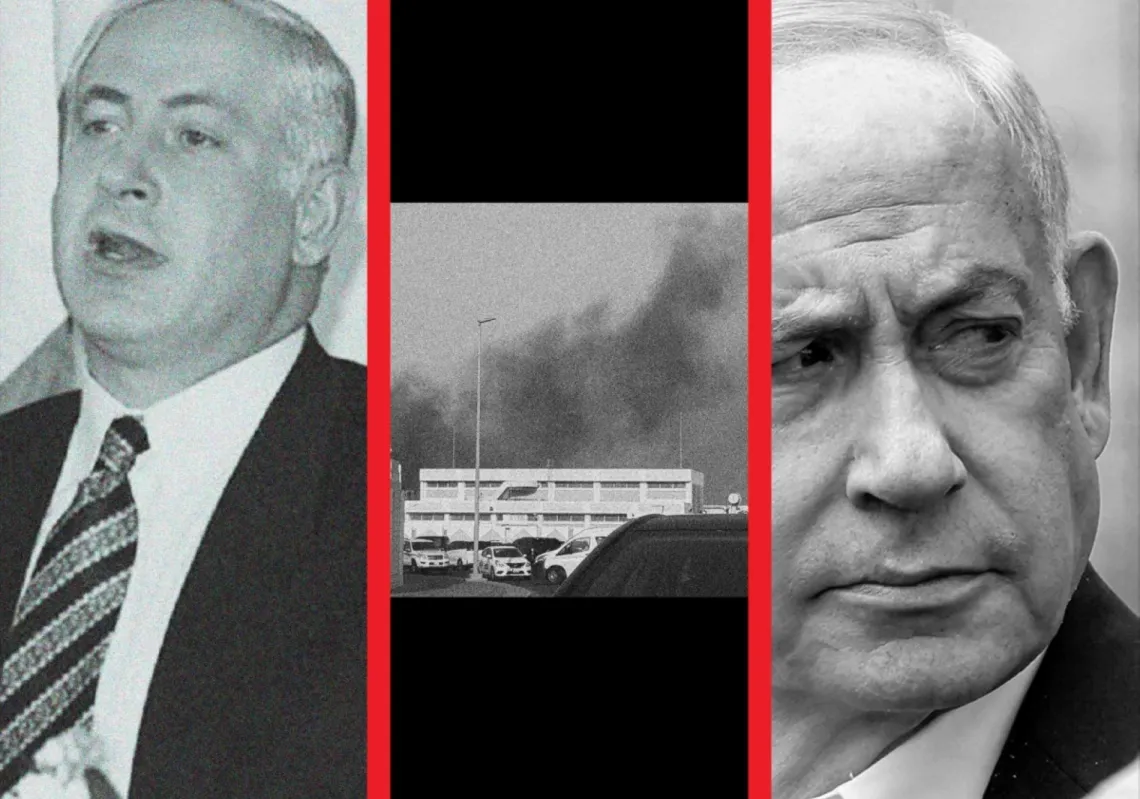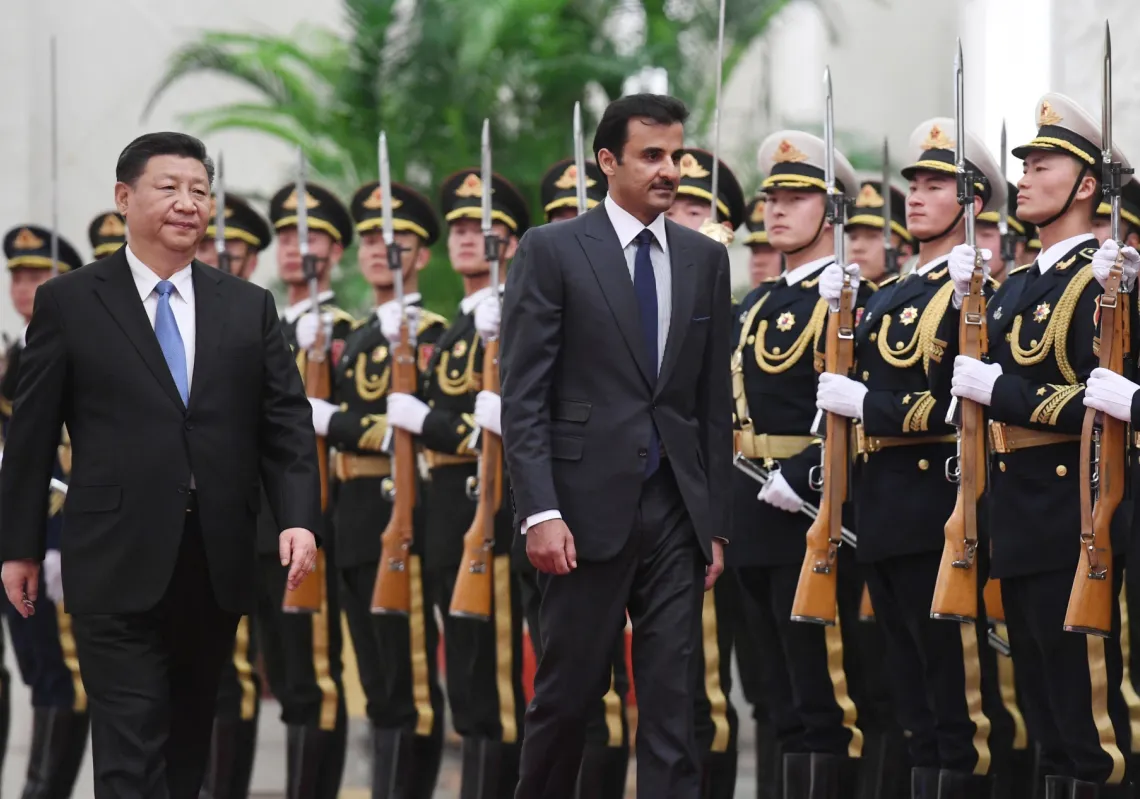In the past week, Israel has carried out airstrikes across the region, from Syria and Lebanon to Tunisia and, most shockingly, in Qatar—a staunch US ally. There has been no let-up in attacks. And this is, of course, apart from its ongoing genocidal war on Gaza and crimes in the West Bank.
For its part, Yemen has been hit especially hard after last week it killed the country's prime minister and several ministers in the Houthi-run government. On Wednesday, it pounded the Ardi neighbourhood in central Sanaa, killing at least 35 people and wounding more than 100.
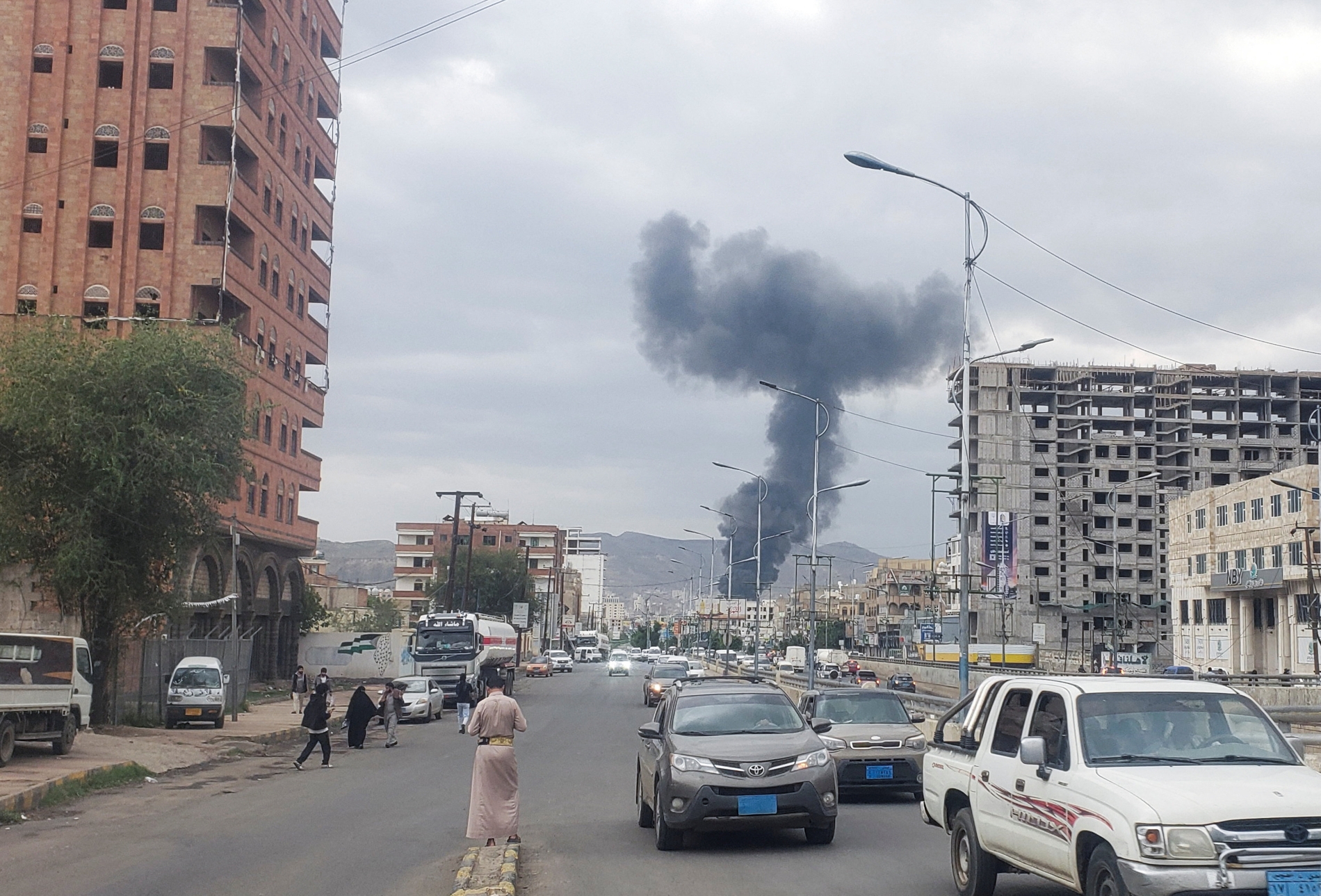
Tel Aviv accuses Iran of turning Houthi-controlled areas of Yemen into a testing ground for advanced missile technology and responded to the apparent trial of a missile designed to inflict large-scale destruction and potentially deceive Israeli defences. Israel and the US may now want to include Tehran’s missile programme in the nuclear talks, even though Iran has repeatedly declared its missile capabilities to be non-negotiable.
The 4 September attack on Yemen's government ministers seemed designed to intimidate and shock. Previous operations, such as those against the port of Hodeidah, have been conducted at night, but this was in broad daylight, with a barrage of huge fireballs terrifying more than a million residents. Images from the scene were quickly shared on social media, magnifying the psychological impact.
Decapitation model?
The latest Israeli strikes on the Yemeni capital appear to signal its intention to target Houthi leaders. In this sense, Israel is replicating the leadership ‘decapitation’ method it used against Hezbollah in Lebanon, and against the Islamic Revolutionary Guards Corps in Iran.
For their part, the Houthis have vowed to reply to the "Zionist enemy". On Sunday of last week, the Houthis raided a United Nations office, arresting 11 people who were accused of espionage. On Monday, the group said it had responded by attacking the Liberian-flagged Scarlet Ray, which is Israeli-owned, according to the maritime security company Ambrey. The UK's Maritime Trade Operations agency disputed this, saying the Houthis had missed their target.
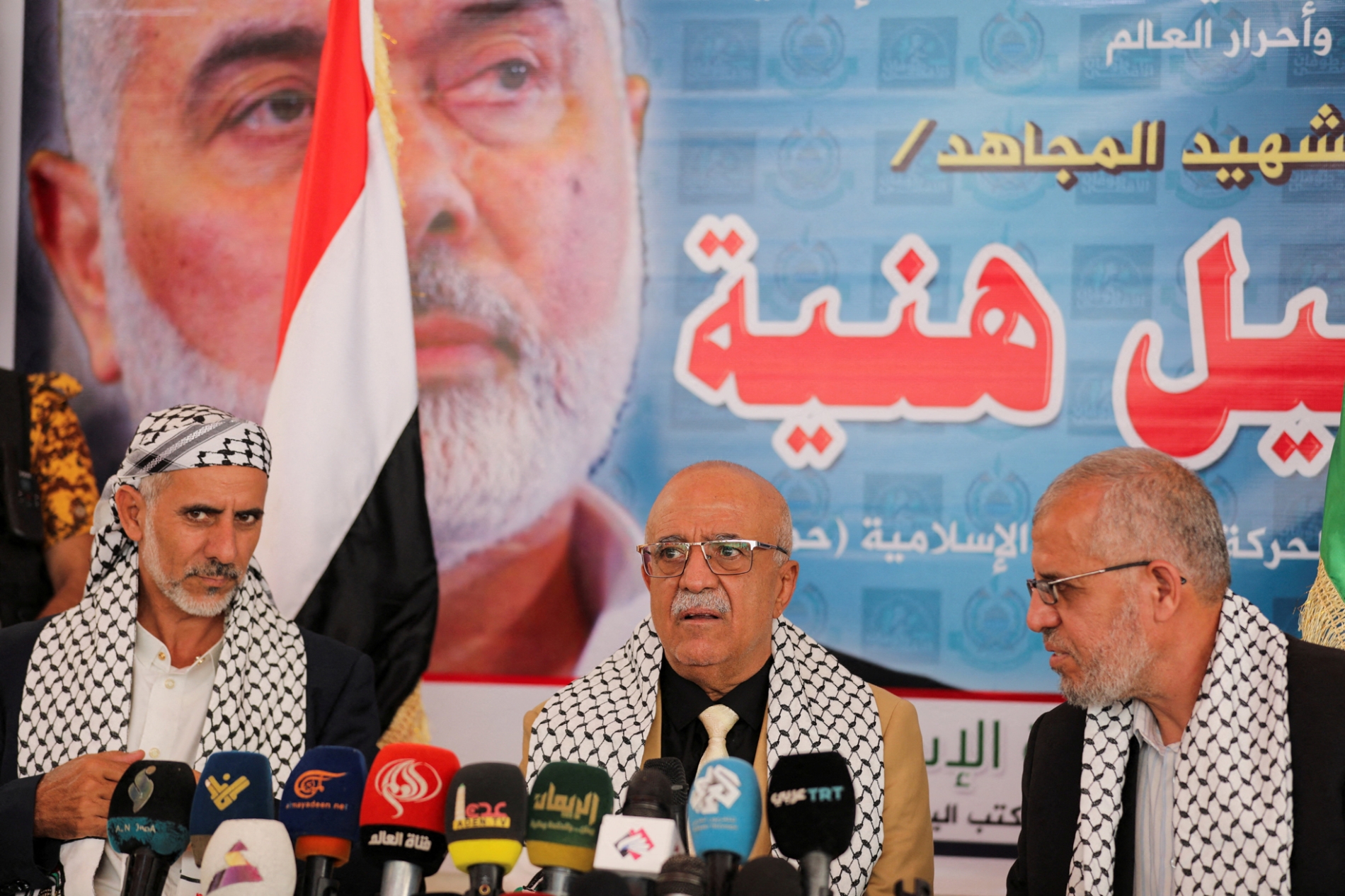
The role of the Houthis government is largely symbolic. They have no real say in administering public affairs within Houthi-held territories, whether political, economic, or military. In this sense, the Houthis differ from Hezbollah in Lebanon, where Tehran's aim was to implant a disruptive arm within the state. In Yemen, the goal is to make the Houthis appear as the state—a counterfeit version of it, with its own flag, slogans, media, and institutions, their fighters even wearing Yemeni army uniforms.
The 4 September attack means that Israel may be closing in on the nucleus centred on the group's leader, Abdul-Malik Al-Houthi, if it has not already done so. Analysts suggest Israel may ultimately be planning to eliminate him, much as it did with Hezbollah leader Hassan Nasrallah and his successor Hashem Safieddine.


